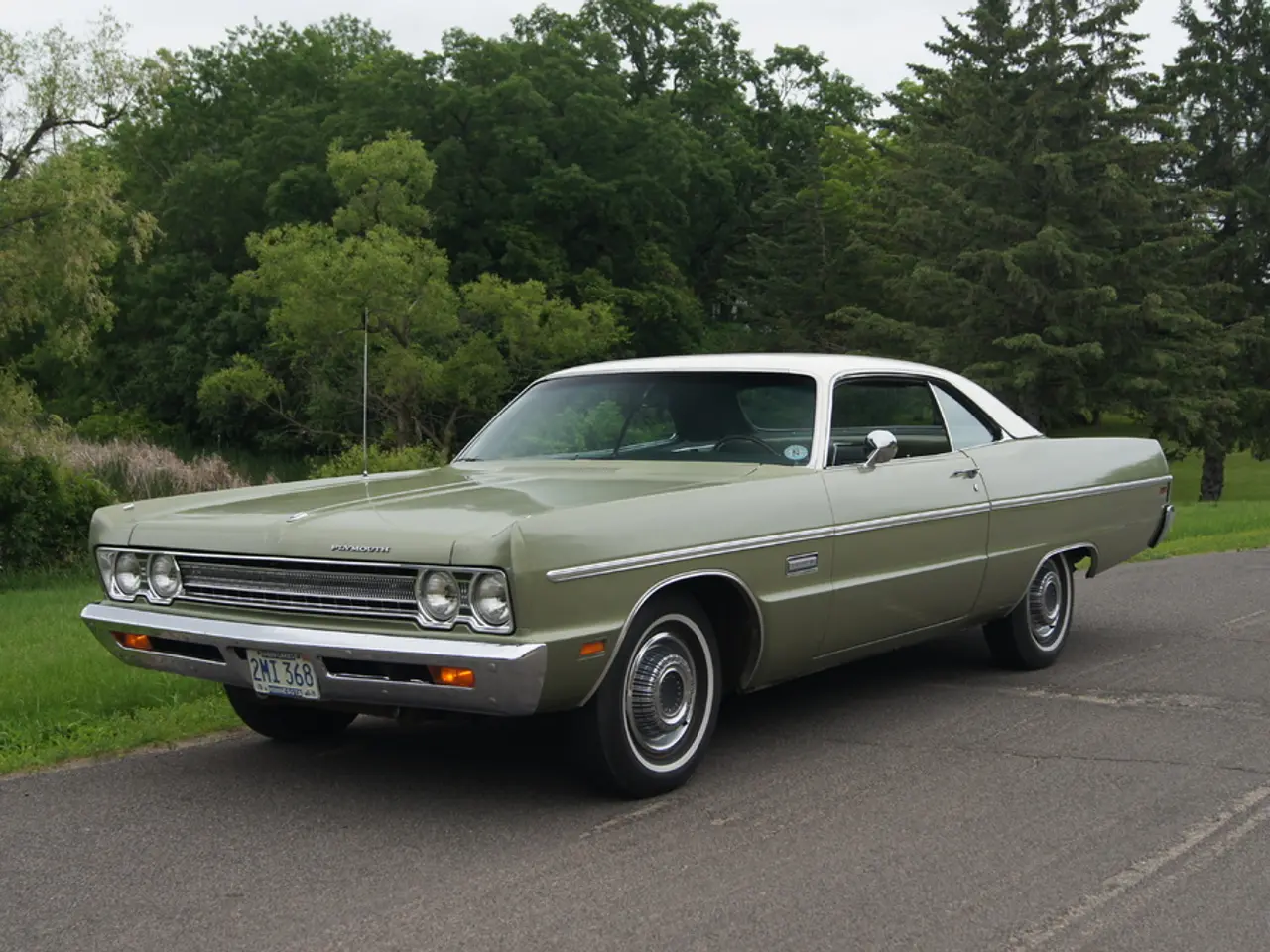Carbon Neutral Label Dropped by Grab from Offsetting Plan
In a move aimed at strengthening its environmental commitment, ride-hailing giant Grab has dropped the term "carbon neutral" from its offsetting scheme and rebranded it as the "Green Programme" in all of its markets across Southeast Asia.
The Green Programme, launched in 2021, charges customers a fee of S$0.10 (US$0.07) for each trip, with the funds going towards the purchase of carbon credits from projects like the Katingan Mentaya peatland restoration project. This project, which is used in Grab's offsetting scheme, has been questioned for its effectiveness in reducing emissions by environmental watchdogs RimbaWatch and Greenpeace. However, carbon finance firm Permian Global, which manages the Katingan Mentaya project, has defended its climate impact and rejected allegations against it.
The rebranding of Grab's carbon offsetting scheme appears to be driven by a desire for greater trust and credibility, and focused differentiation. According to Olivia Muir, companies often rebrand in the social enterprise space to shift from being seen as passion projects to professional enterprises. By rebranding to the "Green Programme," Grab likely intends to emphasize a more comprehensive or authentic approach to environmental responsibility beyond just carbon offsetting.
RimbaWatch, a Malaysia-based environmental watchdog, has raised concerns about Grab's offsetting feature, labelling it as one of the most common forms of greenwashing in Southeast Asia. Despite these criticisms, Grab remains committed to supporting "credible, high-impact environmental efforts" across Southeast Asia. The company has not changed its 2040 carbon neutrality pledge, which is also promoted on its website.
The Green Programme is listed on carbon exchanges such as Bursa Malaysia's Carbon Exchange and Temasek-backed Climate Impact X in Singapore. As the need for effective mitigation becomes increasingly clear, and relying on carbon offsets is increasingly questioned, Grab's commitment to supporting environmental efforts in Southeast Asia remains a significant step towards a greener future.
The EU Green Claims Directive, currently working its way through the EU's legislative system, will bring about closer scrutiny of corporate green claims globally, particularly on the use of carbon offsets. The Directive will ban the use of terms like "carbon neutral" without substantive evidence, which may further influence companies like Grab to reevaluate their environmental initiatives and communications.
- Despite doubts raised by environmental watchdogs about its carbon offsetting scheme, Grab remains dedicated to supporting credible and high-impact environmental efforts across Southeast Asia.
- The rebranding of Grab's carbon offsetting scheme to the "Green Programme" suggests a shift towards a more comprehensive or authentic approach to environmental responsibility beyond just carbon neutrality.
- The Green Programme, as part of Grab's commitment to sustainability, charges a fee for each trip to fund the purchase of carbon credits from projects like the Katingan Mentaya peatland restoration project.
- As the EU Green Claims Directive moves through legislation, companies like Grab may be incentivized to reassess their environmental initiatives and communications, with rules banning the use of terms like "carbon neutral" without substantial evidence.
- The Green Programme is listed on carbon exchanges such as Bursa Malaysia's Carbon Exchange and Temasek-backed Climate Impact X in Singapore, aligning with the growing emphasis on carbon markets in the fight against climate-change.
- As the business community continues to grapple with the complexities of environmental-science and the need for sustainability, the consequences of greenwashing become increasingly pertinent, drawing scrutiny from both consumers and regulatory bodies.




